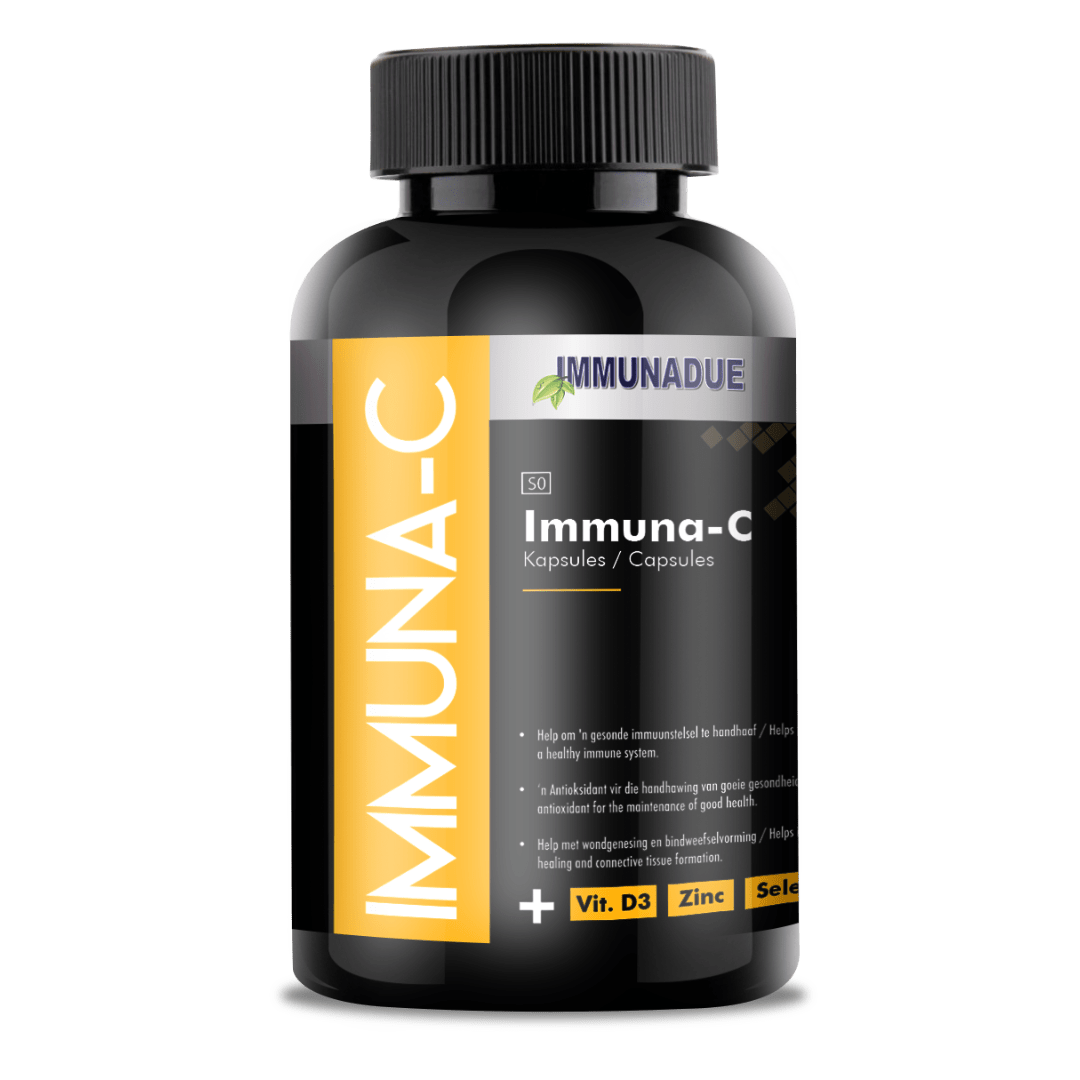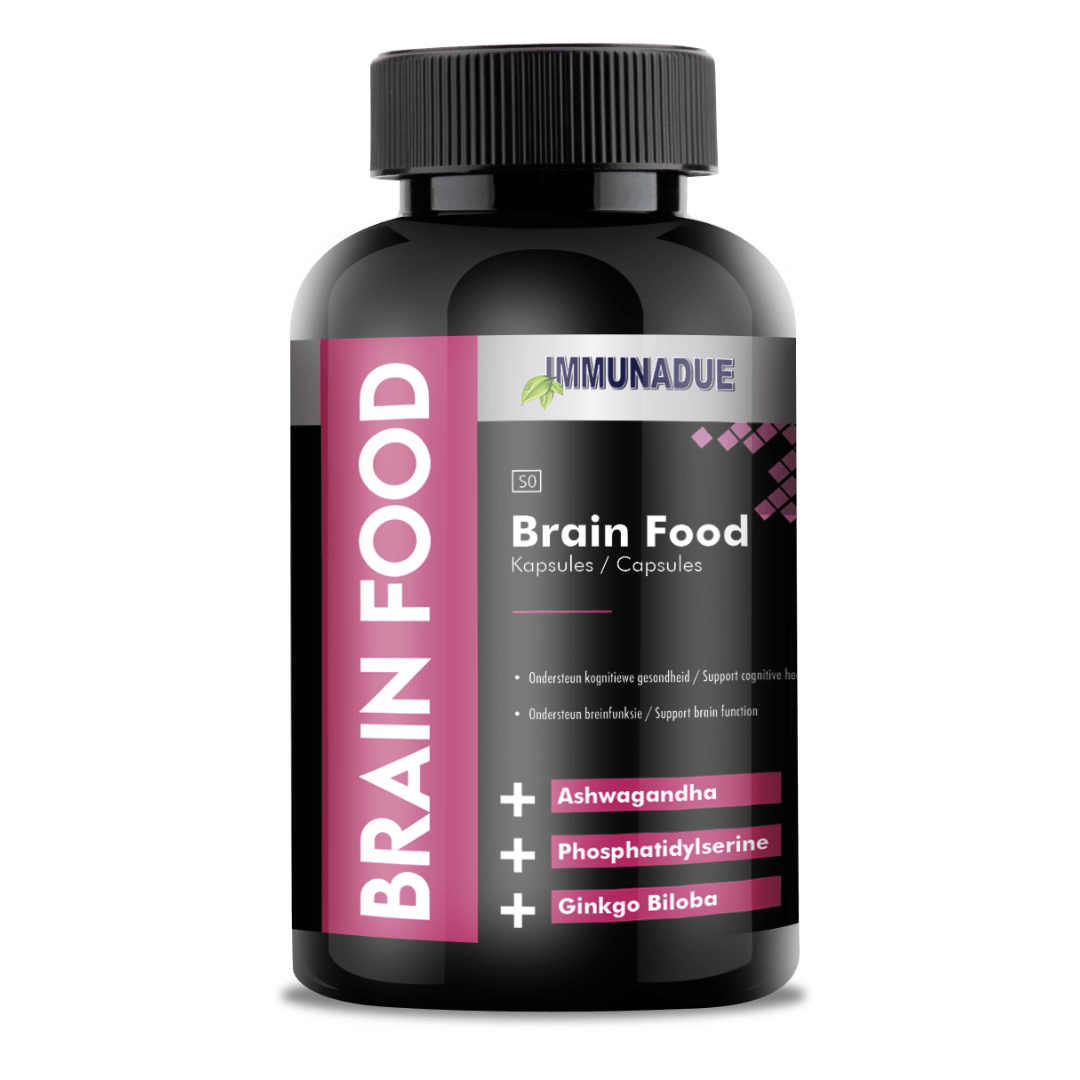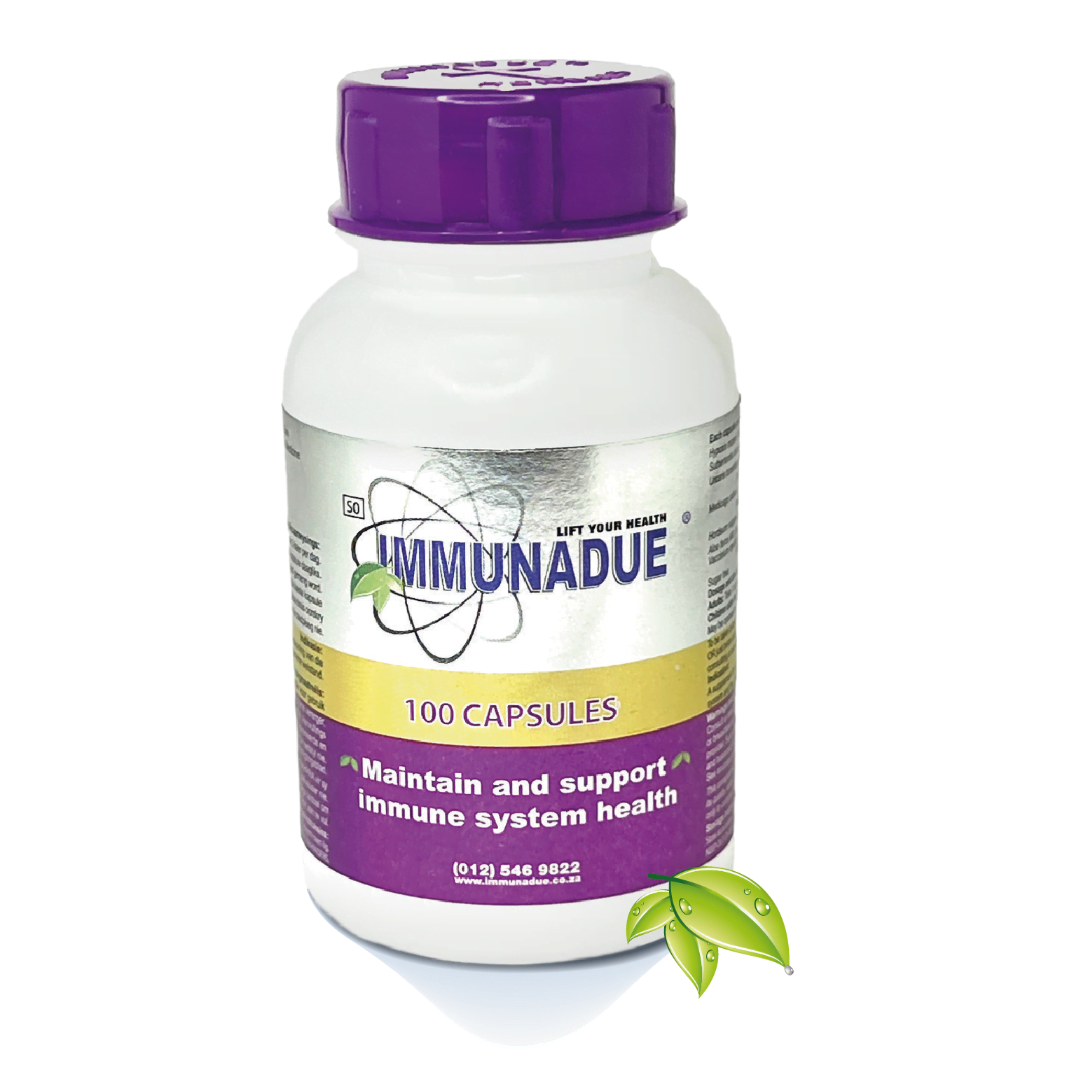Description
- Class of Vitamin:
- Fat soluble
- Vitamin A also known as Retinol, is a fat-soluble vitamin, because it is soluble in organic solvents and is absorbed and transported in a manner similar to that of fats.
- Vitamin A Dosage:
- Recommended Daily Allowance (RDA): The RDA for Retinol varies by age and gender. Generally, adults need around 1.1 to 1.2 mg per day.
- Typical Dietary Intake: The typical dietary intake varies but can be met through a balanced diet containing whole grains, meat, and legumes.
- The Tolerable Upper Limit (TUL) is 3mg for adults.
- How the Body Utilizes Vitamin A:
Vitamin A is an essential fat-soluble vitamin crucial for various bodily functions. It plays a key role in:
-
- Vision: Essential for the functioning of the retina and low-light vision.
- Immune System: Supports the proper functioning of the immune system, helping the body fight infections.
- Cell Growth and Differentiation: Vital for the growth and specialization of cells, especially during embryonic development.
- Skin Health: Aids in maintaining healthy skin and mucous membranes.
- Reproduction: Important for the normal development of sperm, eggs, and embryos.
- Symptoms of a Vitamin A Shortage:
- A deficiency in Vitamin A may manifest in several ways, including:
- Night Blindness: Difficulty seeing in low light conditions.
- Dry Eyes and Skin: Insufficient Vitamin A can lead to dryness and damage to the eyes and skin.
- Impaired Immunity: Increased susceptibility to infections.
- Symptoms of Too Much Vitamin A:
- Excessive Vitamin A intake can lead to toxicity, resulting in symptoms such as:
- Nausea and Vomiting: Overconsumption may cause gastrointestinal discomfort.
- Vision Issues: Blurred vision and other eye problems.
- Skin Changes: Dryness, peeling, and even hair loss.
- When considering Vitamin A supplements, there are two primary forms:
- Preformed Vitamin A: This form is found in animal products like liver, eggs, and dairy. It includes retinol, retinal, and retinoic acid, and is commonly used in supplements.
- Provitamin A Carotenoids: These are found in plant-based foods like carrots, sweet potatoes, and spinach. The body converts these carotenoids, such as beta-carotene, into active Vitamin A.
- Foods Rich in Vitamin A:
In addition to supplements, incorporating Vitamin A-rich foods into your diet is crucial. Include the following in your meals:
-
- Sweet Potatoes: A rich source of beta-carotene.
- Carrots: Packed with beta-carotene, promoting eye health.
- Spinach: Contains various carotenoids and is beneficial for overall health.
- Mangoes: Provide a good dose of beta-carotene and other antioxidants.
- Liver: Animal liver is a potent source of preformed Vitamin A.
- Eggs: Particularly the yolks, which contain retinol.
- Balancing both supplement intake and dietary sources ensures optimal Vitamin A levels.
- How to Take Vitamin A:
- Dosage: Follow recommended daily allowances, balancing dietary sources and supplements.
- Meal Timing: It is generally advisable to take Vitamin A with meals containing healthy fats to enhance absorption.
- Time of Day: No specific time restrictions, but consistency is key.
- Positive and Negative Interactions:
Positive Interactions:
-
- Vitamin D: Works synergistically with Vitamin A in various bodily functions.
- Zinc: Enhances the absorption and utilization of Vitamin A.
Negative Interactions:
-
- Vitamin E: High doses may interfere with Vitamin A absorption.
- Vitamin K: Excessive Vitamin A can inhibit the function of Vitamin K.
- Contraindications and Risks:
- Pregnancy: Excessive Vitamin A intake during pregnancy can harm the developing fetus.
- Liver Conditions: Individuals with liver issues should be cautious, as the liver stores and metabolizes Vitamin A.
- Medication Interactions: Consult a healthcare professional if taking medications that may interact with Vitamin A.
Always consult a healthcare provider before making significant changes to your Vitamin A intake, especially if pregnant, nursing, or dealing with existing health conditions.






Reviews
There are no reviews yet.